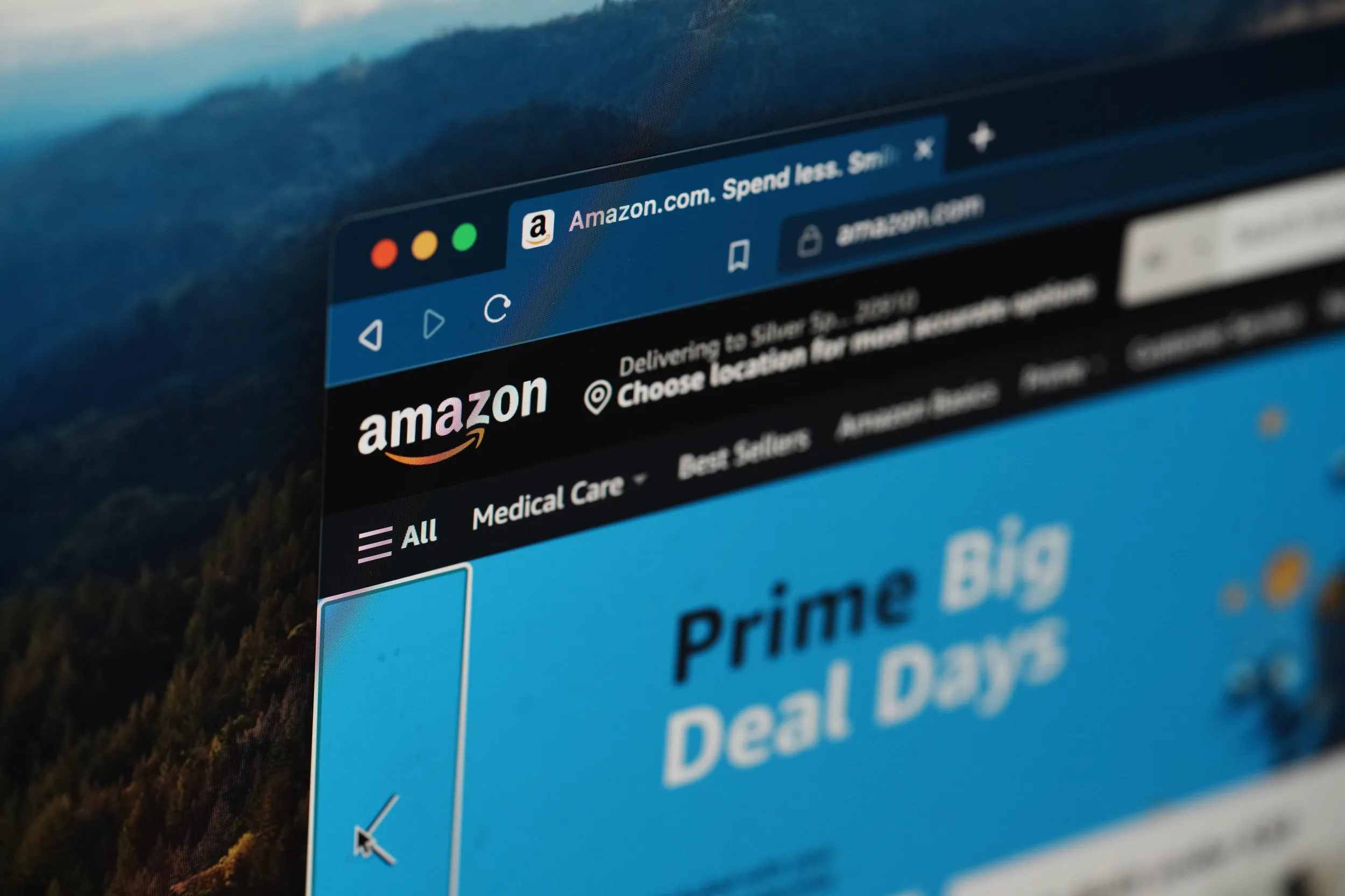Understanding Occupational Licensing Laws: Consumer Protection or Competitive Constraint?
“In Tennessee, a license is required to shampoo hair; in Florida, to sell a yacht. In Montana, you need the state’s approval to be an egg candler; in Utah, to repair upholstery; in Louisiana, to be a florist.”
As that paragraph from a recent New York Times article demonstrates, state licensing regulations affect workers from all across the country, in all kinds of professions.
Occupational licensing laws, which are becoming increasingly prevalent nationwide, ostensibly serve the purpose of making sure that professionals have adequate expertise and training. In certain professions, licensing is a crucial consumer protection; no one wants to be operated on by someone lacking the proper medical training, for example. Yet these protections increasingly risk stifling competition from entrepreneurs and startups by requiring costly and time-consuming training that is often irrelevant and unnecessary. For example, in many states, people who want to braid hair are required to spend more than $20,000 and more than 2000 hours at cosmetology school, learning skills that they don’t intend to practice, like giving manicures and bleaching hair.
Advocates for occupational licensing unsurprisingly include state licensing boards, which are typically dominated by members of the regulated profession, as well as their lobbyists, industry trade associations, and publication relations staff, and the typically for-profit colleges that offer the requisite training courses. This bolsters the belief that occupational licensing regulations are often intended to insulate existing businesses from competition from new entrants.
Occupational licensing affects small businesses and startups from a variety of industries, online and off. Venture capitalist Danny Crichton wrote last year about the impact of occupational licensing on startups, focusing on Uber and the legal profession. As DisCo covered several times ([1] [2]), there’s a growing sector of legal tech startups that are trying to disrupt traditional legal services and make law more accessible, while facing restrictions such as bar associations and ethics rules. There have also been scholarly articles about how occupational licensing affects free speech online, as there have been attempts to regulate speech by non-professionals providing advice on certain types of subject matter.
Occupational licensing has long been of interest to writers here at DisCo, where we concentrate on disruptive competition and innovation. One of the first posts when DisCo launched four years ago was about licensing regimes involving African hair braiding (and Uber and Airbnb).
Last summer DisCo covered the release of a new White House report on occupational licensing. As the R Street Institute noted when the report was released, this is an issue that has consensus across the political spectrum. Now a year since the report was released, the federal government and several states recently announced some new policies to help reduce barriers to competition around occupational licensing.
Building on its previous report, the White House announced several occupational licensing reforms last month, including grants to improve some occupational licensing challenges, such as variations in licensing requirements among states that are limiting the ability of workers to move between states. The White House also acknowledged progress that has taken place across the country since they released best practices for state policymakers and a call to action last year. They also shared new data from the Bureau of Labor Statistics (BLS) on occupational licensing and its increasing prevalence.
The BLS data, as reported by the Council of Economic Advisers, provides a number of interesting insights. Nearly one-fourth of U.S. workers now require an occupational license for their job, a figure that has grown consistently over the past half century. While some of this growth is due to changes in the workforce, almost two-thirds of it is due to an increase in the number of professions that require licensing — including sectors that did not historically require licensing. That suggests that some of the occupational licensing requirements may be intended to stifle competition. The report itself notes that while certification processes can be useful for determining that workers have the necessary qualifications, especially for jobs that impact consumer safety, “overly-broad application of licensing requirements can create costly and unnecessary barriers to entering a profession.” A 2015 paper by the Brookings Institution’s Hamilton Project found that the restrictions from occupational licensing can result in a loss of up to 2.85 million jobs across the country, and cost consumers $203 billion annually.
In additional to federal reforms, there has been some progress in several states on reducing barriers to entry resulting from occupational licensing requirements, including around hair braiding. A few weeks ago, Kentucky signed a bill exempting women that practiced natural hair braiding from being required to spend $20,000 and 1800 hours on irrelevant training for a cosmetology license. According to the Institute of Justice (IJ), which published a comprehensive report about the complex nationwide cosmetology licenses and their impact on natural hair braiders in 2014, Kentucky is the seventeenth state to pass such a bill, and the third this year. IJ also released an interactive report in 2012 where users can search by state (and D.C.) and by dozens of regulated professions.








